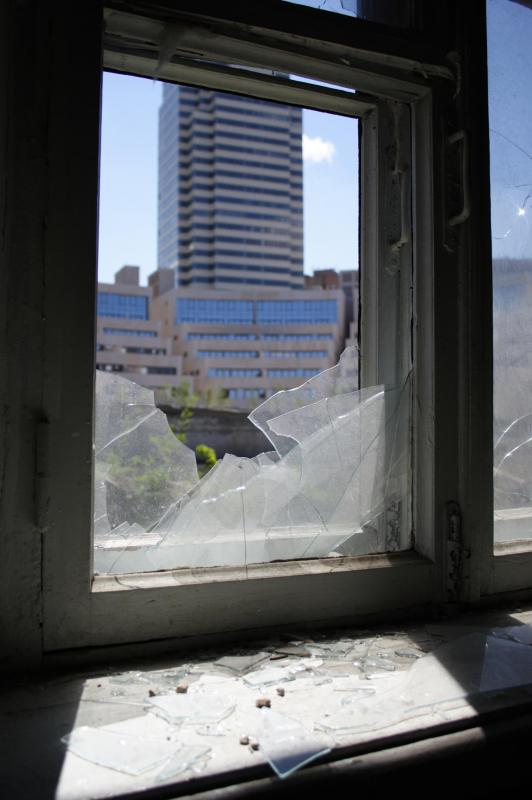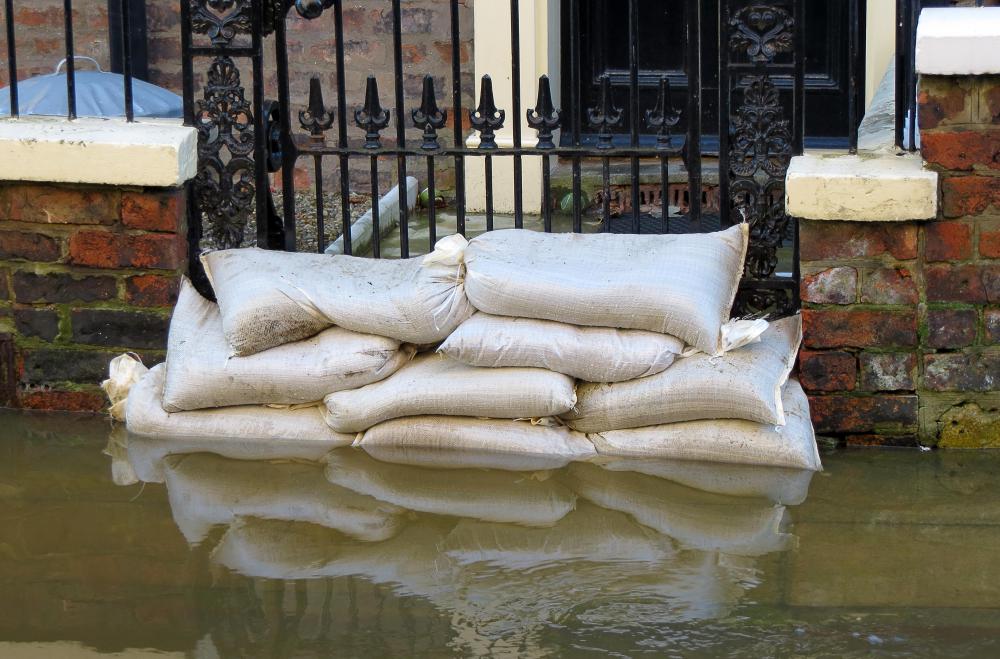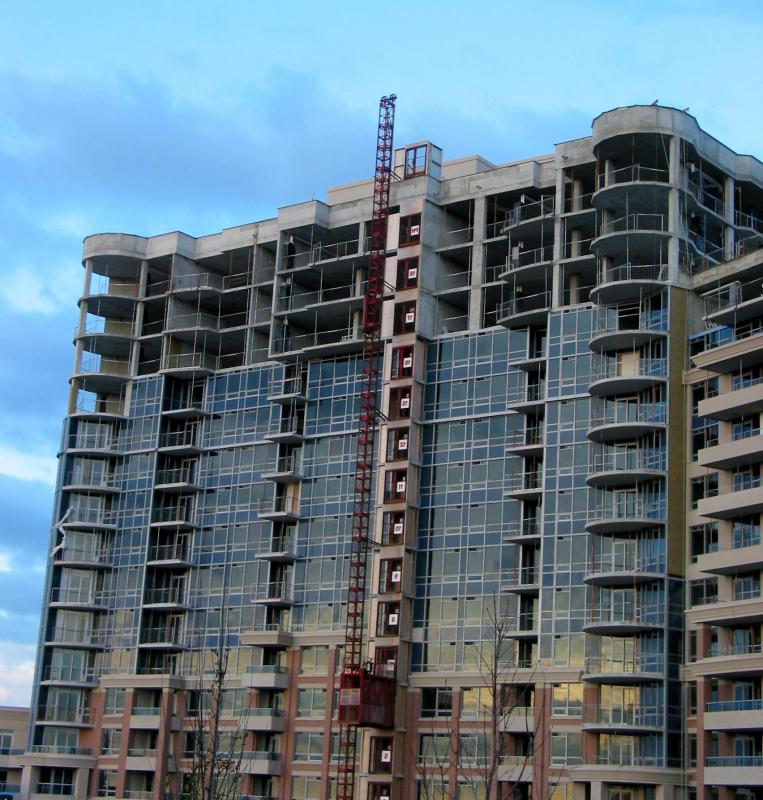At SmartCapitalMind, we're committed to delivering accurate, trustworthy information. Our expert-authored content is rigorously fact-checked and sourced from credible authorities. Discover how we uphold the highest standards in providing you with reliable knowledge.
What is Property Insurance?
Property insurance is a form of insurance which protects a building and its contents. There are a number of types of this insurance available on the market, and when purchasing this insurance product, people should definitely consult an insurance agent to confirm that they buy a product which is suitable for their needs. When discussing insurance needs, people should be explicit about the type of insurance they want and the level of coverage they need.
In an open peril property insurance policy, any form of damage which is not specifically excluded in the policy is covered. Named peril policies spell out a list of potential causes of damage which are covered. Insurance for property can be specialized, as in the case of earthquake, flood, fire, boiler, and theft insurance products. The insurance policy will usually contain very clear language about exclusions, and exclusions can vary depending on where someone lives and what type of policy it is.

Property owners commonly purchase property insurance which will allow them to replace a structure in the event that they experience a fire, earthquake, flood, or similar catastrophe. This type of insurance may specifically exclude the contents of the building, or it may exclude certain types of contents. For example, fixtures may be covered, but movable property may not be. Separate policies are available for residential, commercial, and industrial properties.

Tenants can also buy property insurance. Commercial and industrial tenants commonly purchase insurance so that in the event that their inventories are damaged, they can replace them. Because a business can have large amounts of capital tied up in inventory and equipment, such losses could be catastrophic without insurance to cover them. Residential renters can also benefit from property insurance, although many are uninsured. Renters are sometimes astounded to learn how much it will cost to replace their possessions after a flood or fire without insurance to cover the loss.

Before buying property insurance, tenants should ask their landlords about the policies already out on the property, and what is covered under those policies. There's no point in overinsuring a building and its contents, and a landlord may have advice about insurance agencies or companies for the tenant.
Liability insurance for property is also available. Property casualty insurance, as it is known, protects people from legal damages resulting from injuries or damage caused on or by their property. For example, an owner of a retail shop could maintain a property casualty insurance policy so that if someone slipped and fell in the shop, the insurance would pay the medical costs and any legal damages handed down as a result of a lawsuit.
AS FEATURED ON:
AS FEATURED ON:















Discussion Comments
What kind of insurance (or specific insurance companies) would pay off the balance of an owner to owner (no bank involved) small land purchase, so that the children of the new purchaser would not lose the land and have to move personal RVs/trailers or her mobile, to who knows where else, if Mom dies before she gets the land paid off? (God forbid! It feels horrible to even have to ask such a question, but she asked me to find out for her. We lost Dad at only 34 years old, and don't even want to think about losing her!)
Very useful information!
Crispety-I know that renter’s property insurance is really important because if your apartment suffers damages you can recover the damage from your furniture and personal belongings.
It also covers theft as well. The landlord property insurance only covers the structure of the apartment or building.
This apartment property insurance also covers liability from people getting hurt while in the building or apartment. Unoccupied property insurance is higher because the possibility of theft is also higher.
Icecream17-The same thing happened to the people of New Orleans. Before Hurricane Katrina, homeowners in New Orleans were able to get properly insurance for a few hundred dollars a year.
Although the property insurance agents offered seemingly low rates many people were not insured and when Katrina hit and people lost everything. Now it is not uncommon to see property insurance rates of $10,000 a year for homes valued at just $100,000.
Sneakers41-I remember that entire communities were eliminated with that hurricane. After this hurricane, construction laws changed in South Florida that required homes to be built of CBS construction, or concrete block instead of wood.
Insurance rates are lower for homes built after 1992 for this reason. Although the entire state of Florida is susceptible to hurricanes only South Florida which consists of Miami Dade, Broward, and Palm Beach counties have these construction requirements.
Vaibhavjalna- You good raised a question, but I don't know the answer.
I do know that property insurance quotes are really high in an area that has suffered hurricanes in the last ten years.
For example, in South Florida there are areas that are not insurable by regular insurance companies.
Many of the property insurance companies left the state when Florida was hit with three hurricanes within a year. That year in 2005, Florida was hit with Hurricane Rita, Hurricane Katrina, and Hurricane Wilma all in the same year.
The people that was able to get property insurance faced rates of $6,500 a year for a home valued at $400,000. Many people had to get government insurance through Citizens insurance, which was the insurance of last resort.
State Farm, for example left the state of Florida after the devastating Hurricane Andrew hit in 1992. That was a category 5 storm that killed 65 people and created about $65 Billion in damages.
If I own a flat in an apartment or a building and the same is given on lease to a company, and the company has taken an STD fire policy which covers the same building and office equipment, would it be liable for claim as the lessee has taken the insurance, not the owner? please guide.
Post your comments